Greek Mythology
-
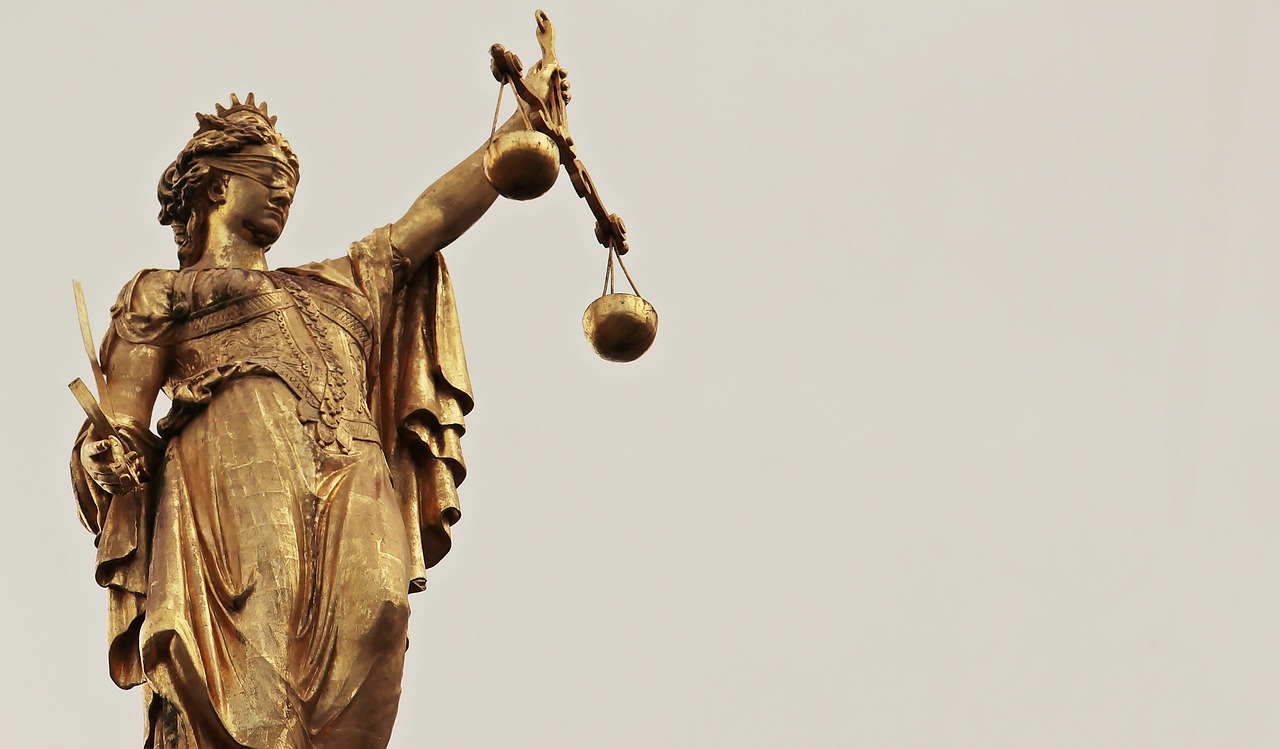
In the realm of Greek mythology, the moon is represented by its own goddess, Selene. If you’re eager to delve into the stories, powers, and significance of this lunar deity, you’ve landed in the right spot. This article will navigate through the fascinating narratives surrounding Selene, the goddess of the moon. Understanding Selene’s Essence Selene…
-
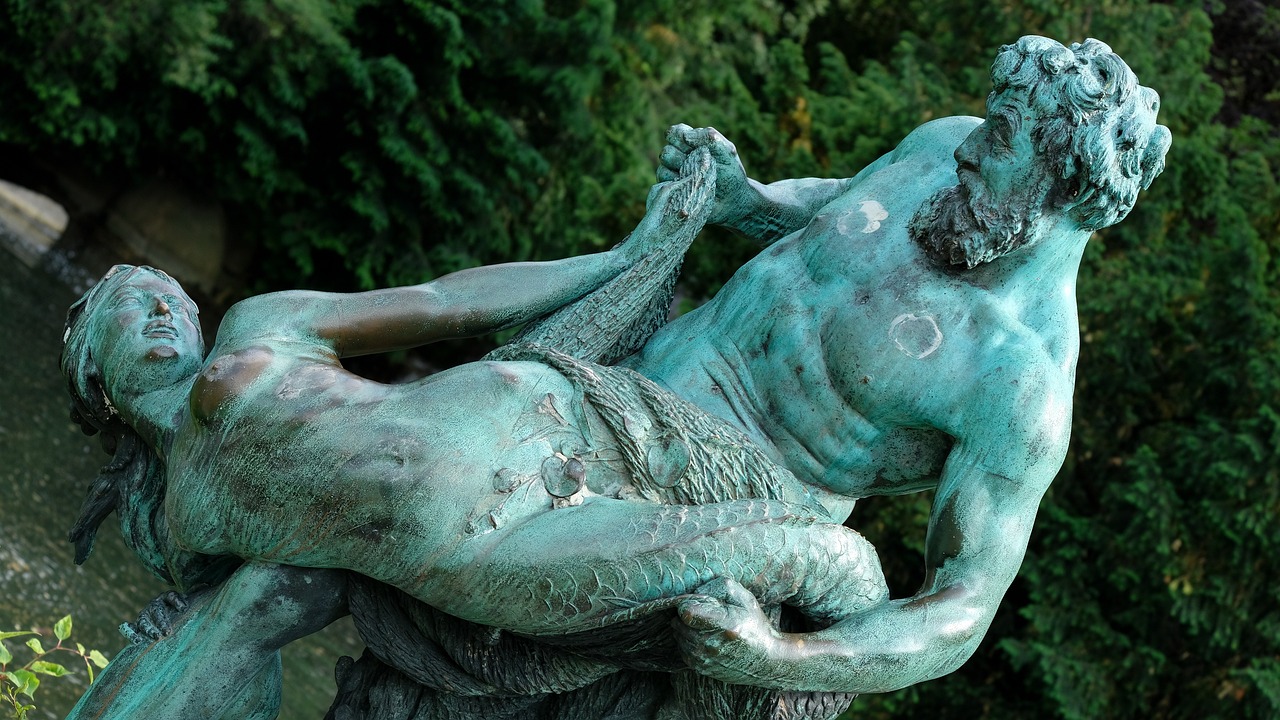
Poseidon: The God of Sea, Earthquakes, and Horses Poseidon was one of the key gods in Greek mythology, revered as the divine authority of the sea, earthquakes, floods, and droughts, as well as horses. He is often illustrated as a robust, mature man with a dark beard and holds a trident, symbolizing his power over…
-

The term ‘Odyssey’ has evolved to symbolize a grand journey, drawing its origins from Homer’s epic poem titled The Odyssey, composed in the 8th century BC. This poem is a continuation of The Iliad, which illustrates the concluding moments of the Trojan War. The Odyssey recounts the adventures of Odysseus as he faces numerous challenges…
-
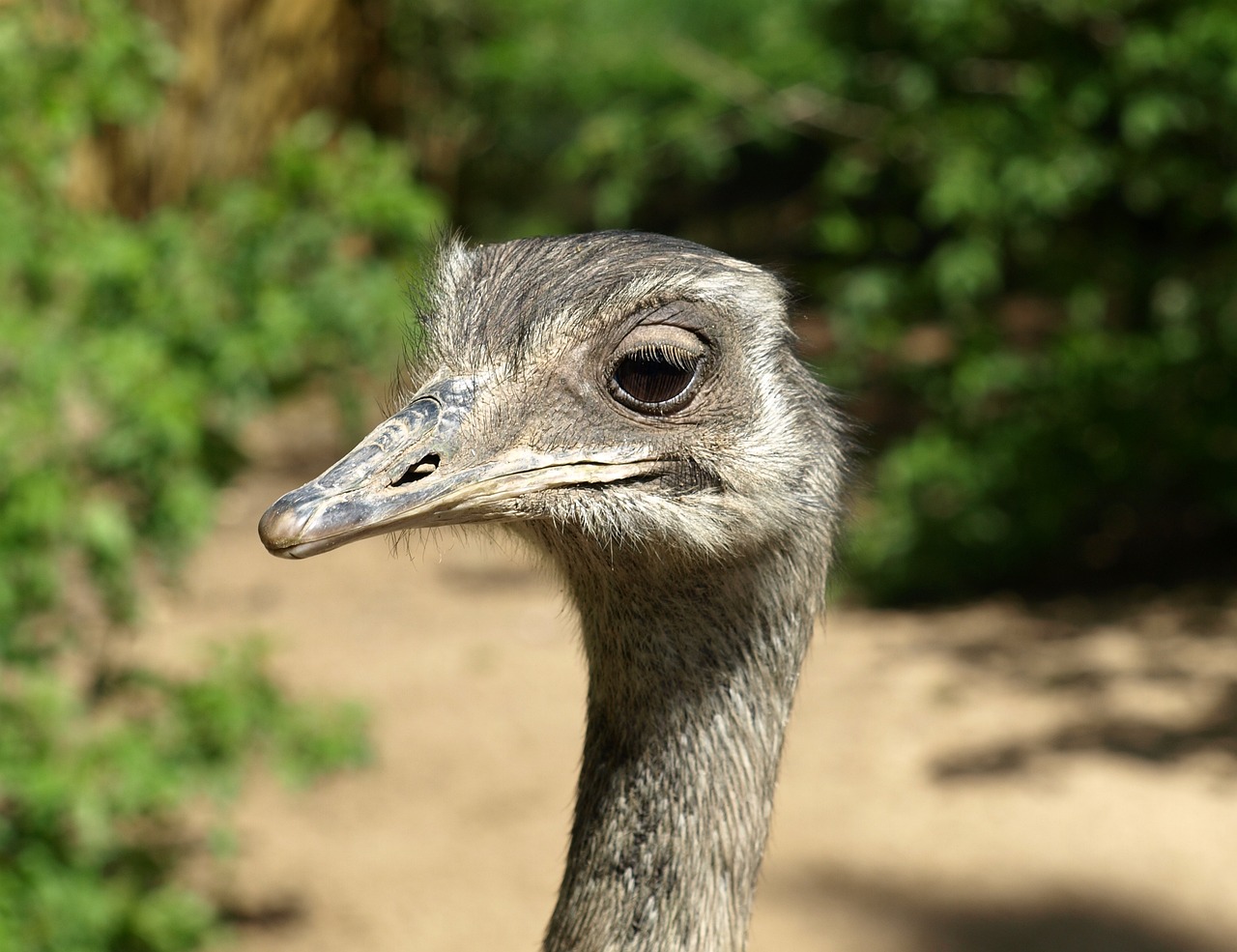
Rhea: The Mother of the Gods in Greek Mythology Rhea, a prominent figure in Greek mythology, is often recognized as the Titaness responsible for motherhood, female fertility, and generation. Her name translates to “flow” and “ease,” symbolizing the natural cycles of life and nurturing. As the partner of Kronos (Cronus), the embodiment of time, Rhea…
-
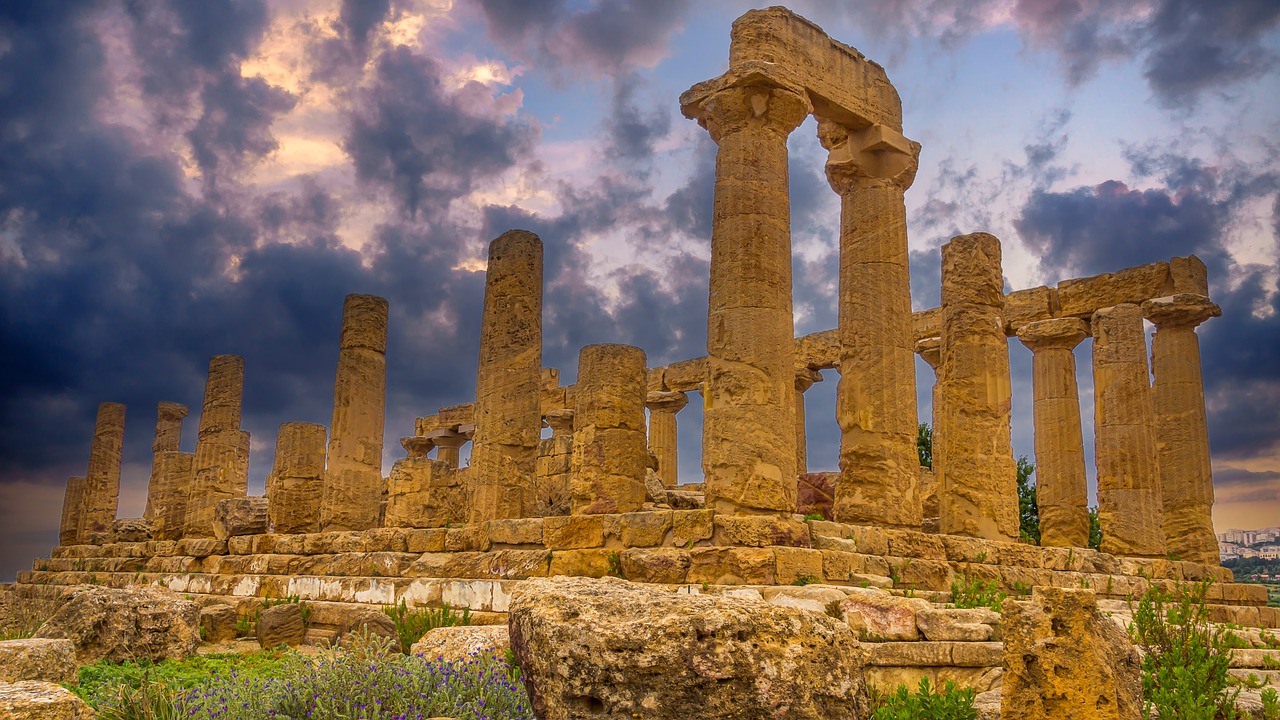
Hera: The Divine Queen of Heaven Overview of Hera’s Domains Patronage and Attributes Hera, revered as the Queen of Heaven, held dominion over the air and various celestial phenomena. She was often called upon for clear skies and gentle rain, yet her wrath could unleash storms. Beyond her role as the ruler of celestial bodies,…
-
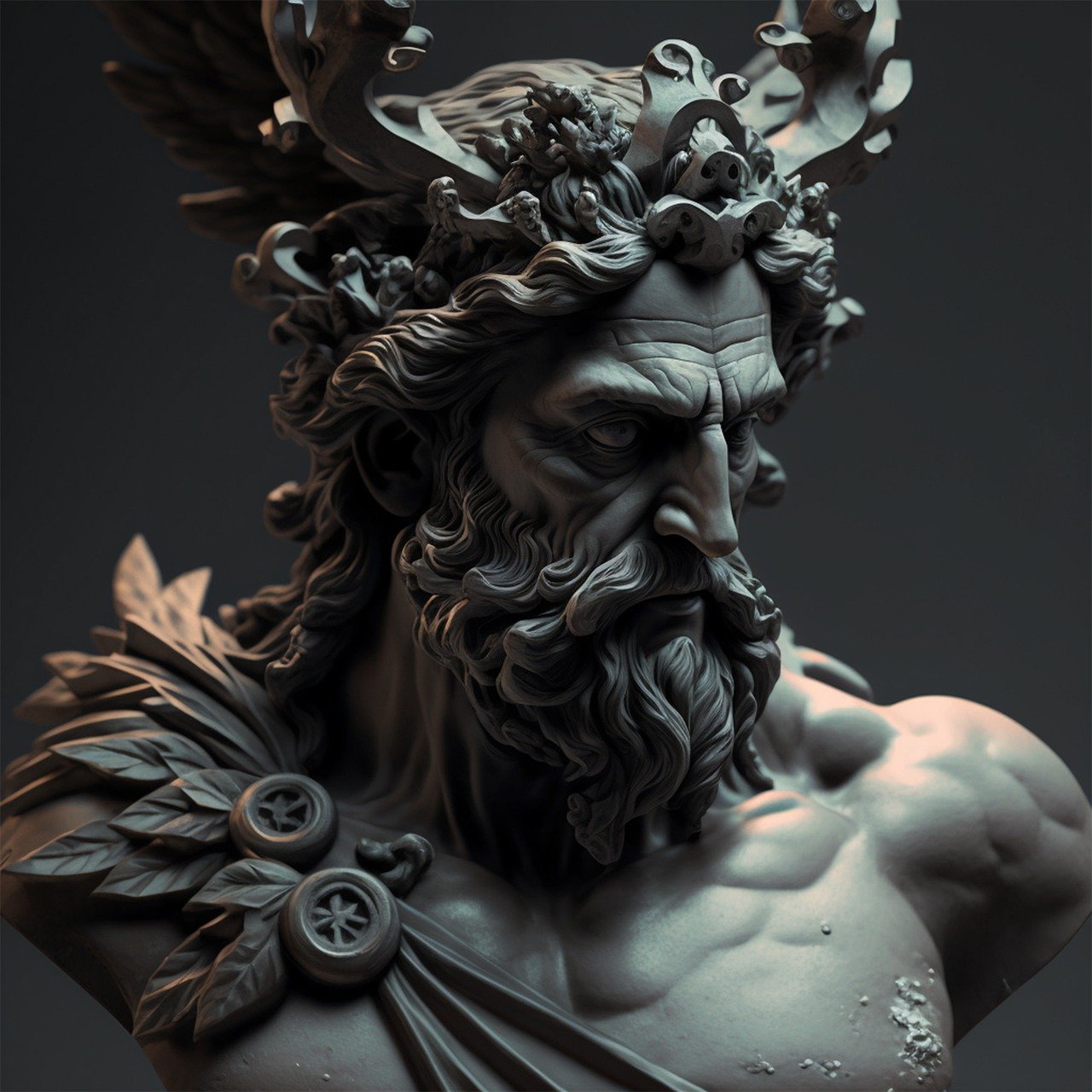
Andromeda: The Myth of the Rescued Princess In Greek mythology, Andromeda is portrayed as a princess, the offspring of Cepheus, the ruler of Aethiopia (modern-day Ethiopia), and Cassiopeia, his queen. One of the most enduring tales surrounding Andromeda is her dramatic rescue by the hero Perseus, who saved her from an impending sacrifice to a…
-

Achilles stands out as an iconic figure in Greek Mythology, renowned for his unparalleled prowess in battle and the tragic circumstances surrounding his death. His near-invulnerability stemmed from a dip in the River Styx, but a singular flaw—a tender heel—ultimately led to his demise in the Trojan War. This legendary tale serves as a poignant…
-
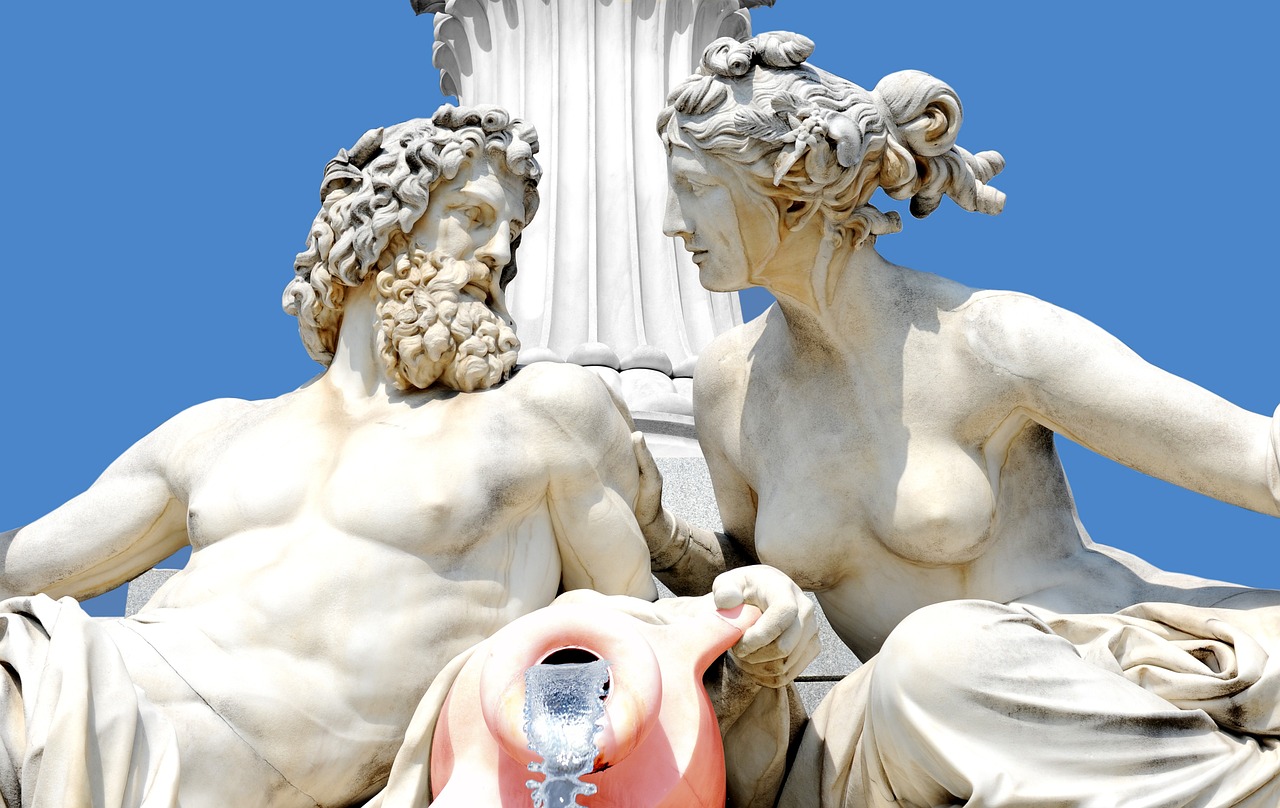
Greek mythology represents a complex body of narratives surrounding gods, heroes, and rituals integral to ancient Greek culture and classical antiquity. While some critical thinkers, such as Plato in the 5th–4th centuries BCE, acknowledged that these myths included significant fictional elements, the general populace tended to view them as factual accounts. This mythology has profoundly…
-
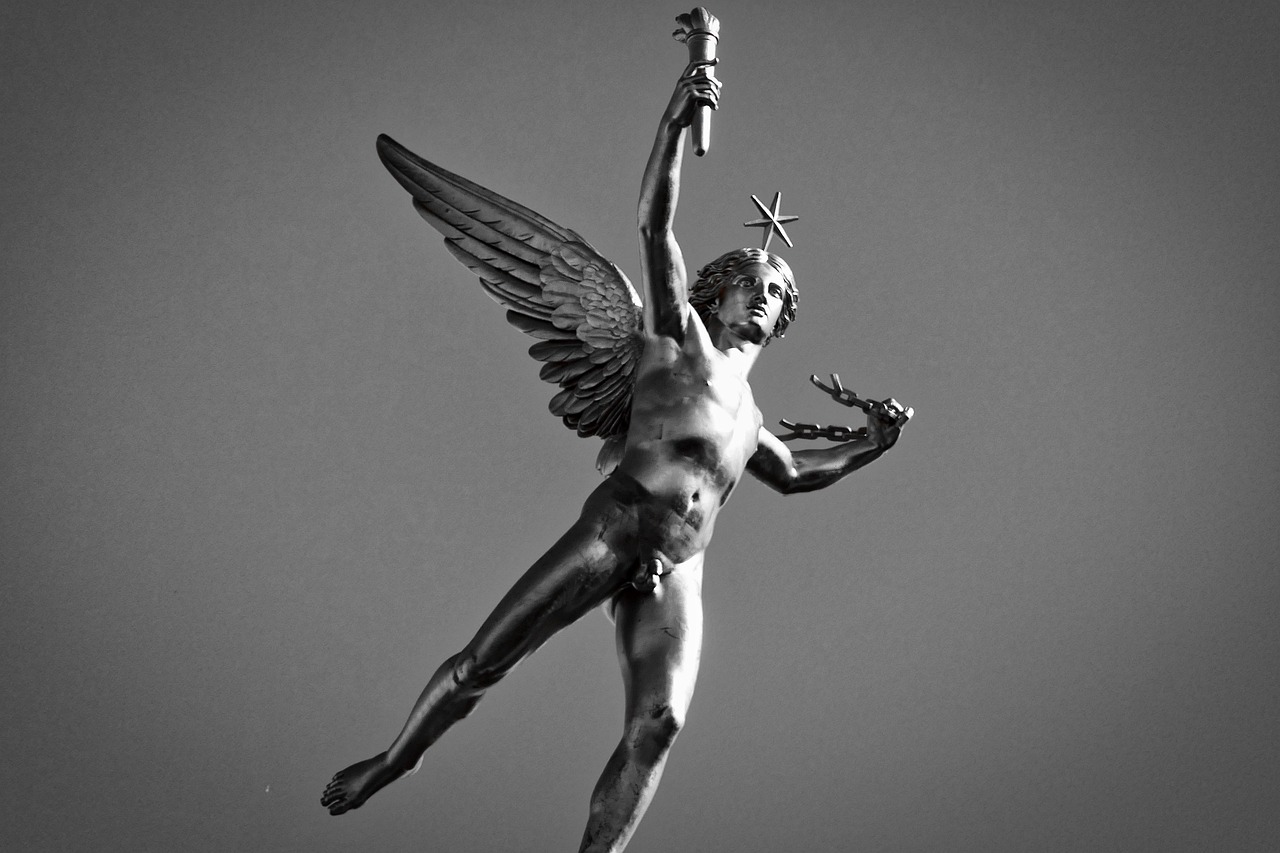
Odysseus, a central character in Homer’s renowned epic, the Odyssey, is one of the most frequently depicted figures in Western literature. He is described by Homer as the king of Ithaca, offspring of Laertes and Anticleia (daughter of Autolycus from Parnassus), and the father of Telemachus through his marriage to Penelope. Some later accounts suggest…
-
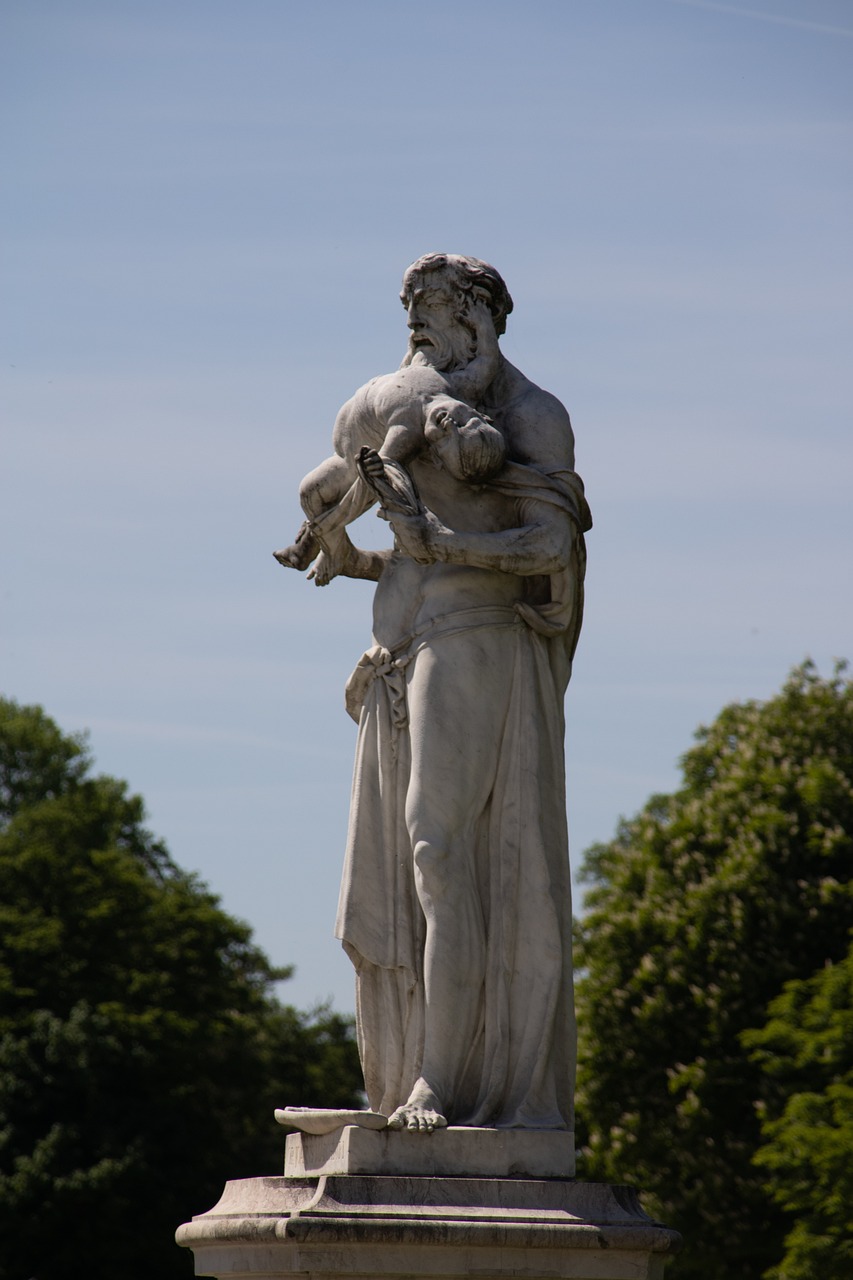
In the realm of Greek mythology, Cronus, often spelled Kronos, is a pivotal figure classified as a Titan and recognized as the youngest offspring of Uranus (the sky) and Gaia (the earth). Known for usurping Uranus, Cronus ascended to become the first sovereign of the universe, governing alongside his Titan siblings. He united in matrimony…


